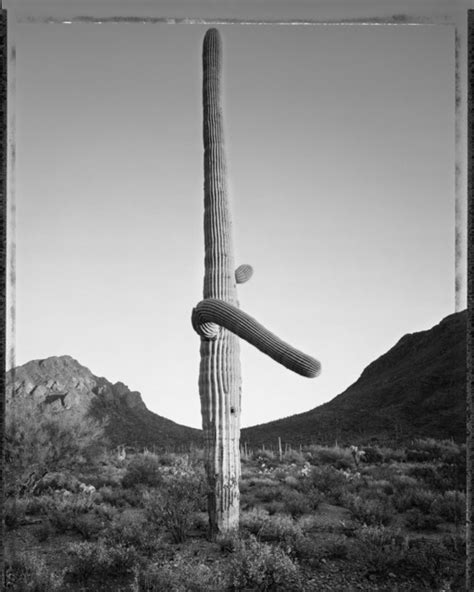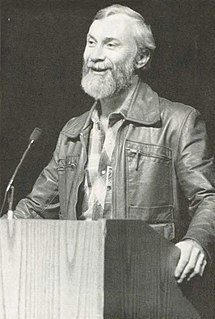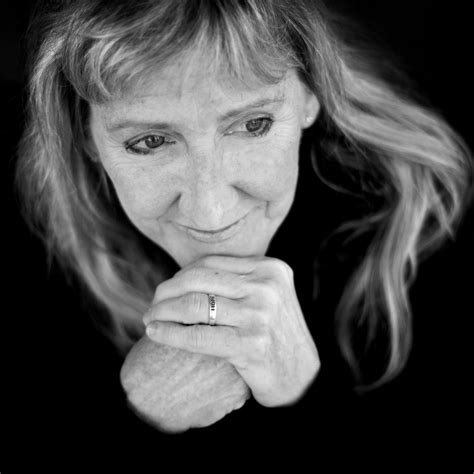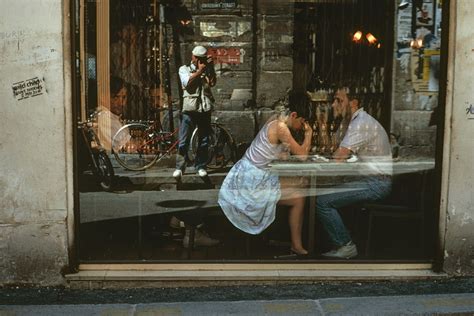A Quote by Susan Sontag
A way of certifying experience, taking photographs is also a way of refusing it - by limiting experience to a search for the photogenic, by converting experience into an image, a souvenir. Travel becomes a strategy for accumulating photographs.
Related Quotes
I am interested in making photographs which comment on the experience of a place as well as describe it. My position has not typically been one of advocacy for or against any political position. But I regard photographs as commentary, and that includes, at times, taking a specific political viewpoint on an issue.
If the ego is in the slightest way separated from its source, it yearns to find it again. This search comes from the remembrance of unity and plenitude. As every experience emanates from the non-experience which is our real being, the me also bears the scent of its source. This remembering is awakened through those moments of desirelessness and in deep sleep.
Images anesthetize. An event known through photographs certainly becomes more real than it would have been if one had never seen the photographs ... But after repeated exposure to images it also becomes less real. ... 'concerned' photography has done at least as much to deaden conscience as to arouse it.
The idea of a group of elders is that, in past civilizations, they have linked worlds; the other world was also present in this one. There is also the argument that elders have "experience." The problem is that experience teaches fear of change. Experience kills imagination. Experience makes people conservative. What we are facing tomorrow requires the force of imagination, not wisdom from yesterday.
Words are merely utterances: noises that stand for feelings, thoughts, and experience. They are symbols. Signs. Insignias. They are not Truth. They are not the real thing. In fact, you place so little value on experience that when what your experience of God differs from what you've heard of God, you automatically discard the experience and own the words, when it should be just the other way around.
The life-converting experience is not the discovery that I have choices to make that determine the way I live out my existence, but the awareness that my that my existence itself is not in the center. Once I 'know' God, that is, once I experience God's love as the love in which all my human experiences are anchored, I can desire only one thing: to be in that love.































